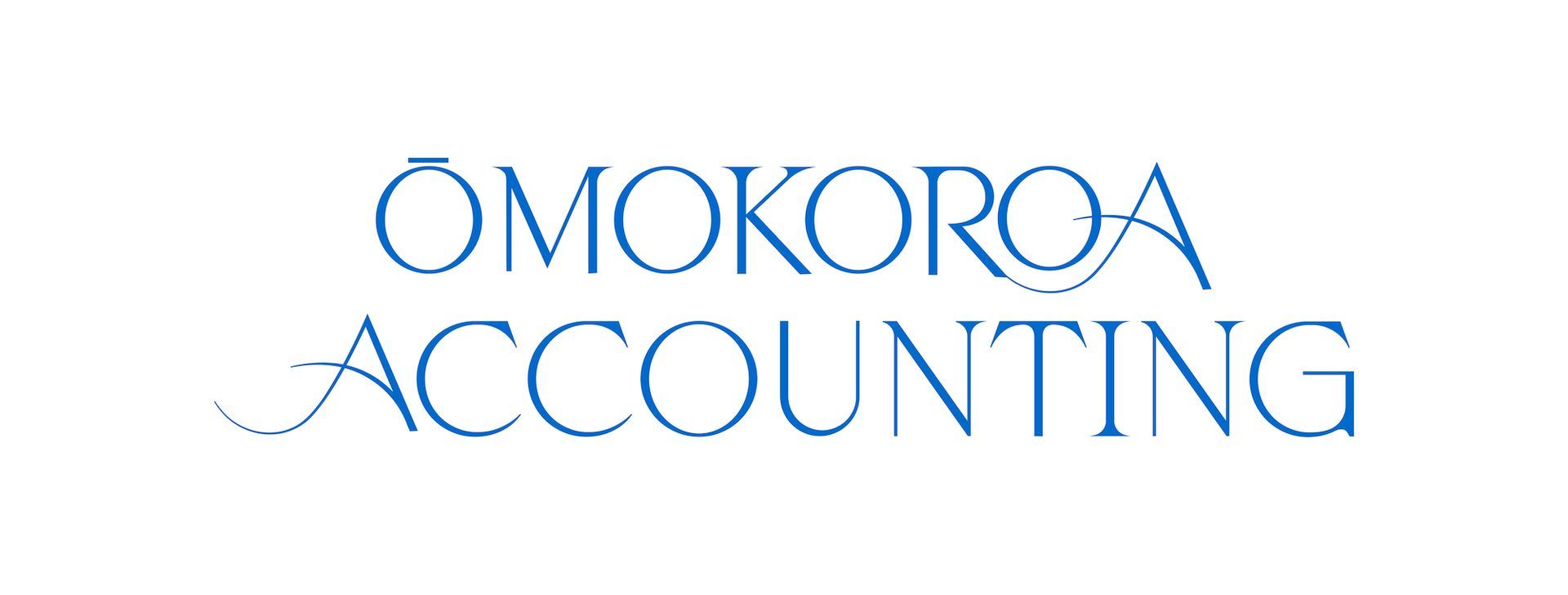Provisional and Terminal Tax. What’s the Difference?
At the end of the financial year, we get a lot of questions about tax.
One of the most confusing tax types for our clients is Terminal Tax and Provisional Tax. It's important to remember these terms both refer to an Income Tax. However, one relates to the previous year and the other relates to the coming year.
Terminal Tax relates to the previous year. It is the final payment to the Inland Revenue (IRD) at the end of the financial year to ensure you have paid enough tax. It's worked out by comparing your income tax owed for the year with provisional tax already paid. If you have overpaid, you're a due a refund. If you have underpaid, you will need to pay the difference. The difference is called Terminal Tax. If your tax balance date is 31 March, then your terminal tax is due on 7 April.
Provisional Tax is income tax you pay in advance. Provisional tax is usually paid in installments throughout the year. This is designed to help avoid businesses paying a large lump sum at the end of the tax year. You are required to pay Provisional Tax if your tax payment was more than $5000 at the end of the previous tax year.
Important dates to remember for Provisional Tax payments:
- 28 August
- 15 January
- 7 May
For businesses that are GST registered and pay provisional tax 6-monthly, the payment dates are twice per year: 28 October and 7 May.
Making a Payment to the IRD
The IRD use 33 different account types. Using the correct code ensure you payment goes to the right account. The most common codes are:
- DWT: Resident withholding tax payments on dividends. This code is only used by Companies that pay dividends to its shareholders.
- EMP: Employer Deductions which includes the total deductions made by employers from their employees' wages.
- FBT: Fringe Benefit Tax. This is used by Companies and is a tax paid for the personal use of business assets.
- GST: Goods and Services Tax, used by businesses whose turnover is over $60k per annum.
- INC: Income Tax. Terminal tax and Provisional tax are both Income Tax payments.
- KSS: KiwiSaver Contributions. These are the contributions made by employees, self-employed people and contractors to their KiwiSaver Schemes.
- PIE: Portfolio investment entity payments.
- REB: Tax credits repayments e.g. donation tax credits.
- RWT: Resident withholding tax. The most common place you will see these is the tax that banks deduct from your interest earned.
Need help making sense of your tax obligations? Contact us now - we're here to help!



